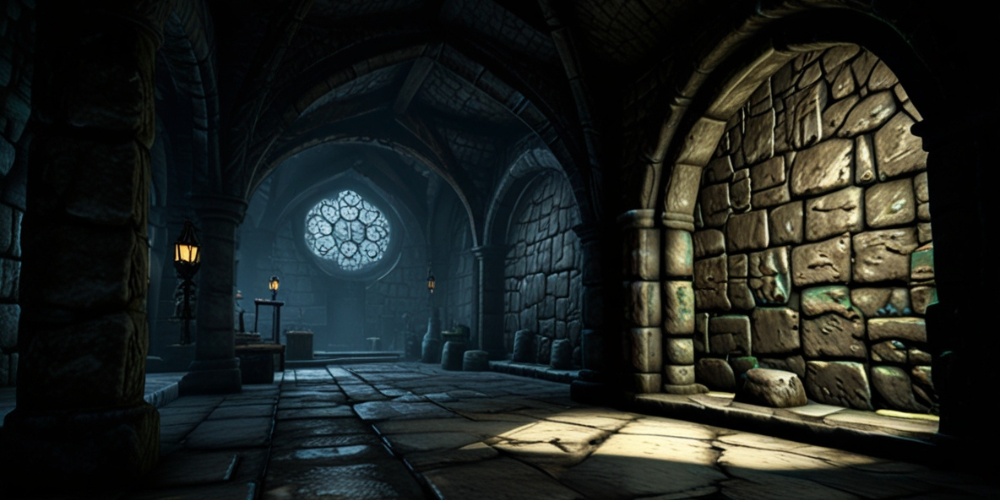The Art of Storytelling in RPGs: Insights from a Bethesda Developer
- 681

In the world of RPGs, weaving a compelling narrative is essential to crafting the gamer's journey. One former developer from Bethesda, who contributed to iconic titles like Skyrim and the Fallout series, emphasizes that the essence of RPGs is fundamentally tied to their narratives.
Jeff Gardiner, who took charge of the project for Fallout 76, has a rich background that includes key roles in Skyrim, Fallout 3, and Fallout 4. His career at Bethesda began with Oblivion, but prior to that, he lent his talents to Activision's 2005 Fantastic Four game. During a discussion on the Boss Rush Network podcast, he reflected on the challenges of creating a game outside of familiar storylines compared to nurturing a more original concept.
Gardiner mentioned the daunting nature of building an entirely new narrative framework. He noted that it requires immense effort and preparation. "We dedicated a considerable amount of time developing backstories and creating connections," he explained. He underlined the significance of this foundational work, asserting that for these RPGs, the quality of the storytelling ultimately determines their success.
He revealed how he prioritizes narrative over gameplay mechanics, stating, even subpar mechanics won't deter him if he's captivated by the story. "I can spend countless hours in an RPG as long as the story is engaging," he conveyed. Essential elements such as well-crafted characters and an engrossing narrative are what he cherishes most about his experiences. While he may forget the minute details of encounters, the overarching storyline remains vivid in his memory.
Shifting the conversation to the Fallout television adaptation, Gardiner suggested that its success is closely tied to a comprehension of the games' unique setting and tone. "There was sufficient continuity for Jonah Nolan and the team to create an exceptional series," he noted.
This viewpoint raises intriguing discussions, particularly when contrasting narratives with game design. For instance, when considering character-driven titles like The Witcher 3, Gardiner’s stance feels completely valid. However, for Bethesda's offerings, such as Skyrim, my primary interest leans more towards gameplay mechanics than the story itself—illustrating the allure of a proficient stealth archer over intricate plotlines.
In a candid moment, Gardiner shared that he often found himself in disagreements with his Bethesda peers regarding the balance of player agency within RPGs, particularly concerning the abundance of items available to the player. "You can't just give the player everything they desire," he asserted, highlighting a fundamental challenge in game design.
